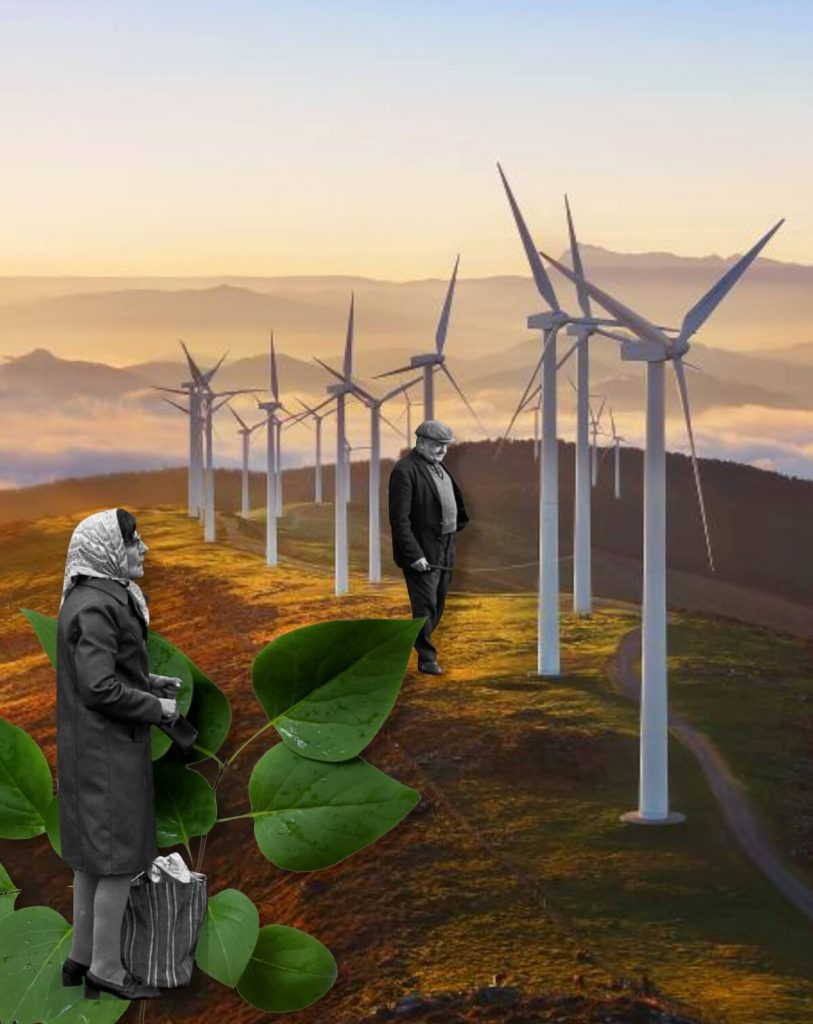As if the COVID-19 pandemic has not been enough of a strain on the Czech Republic, the European Union (EU), and the world, the Russian escalation of its war in Ukraine has become one of the most significant events of our lifetime. Amongst the many actual and potential consequences of this war is the threat to the energy security of the Czech Republic and the EU. Years of reliance on Russian natural gas have put the EU at a strategic disadvantage.
The states dependent on hostile countries for energy are restricted with respect to what they can do to counter the state they are reliant on, as can now be seen in Europe. While many European countries have long been aware of the dangers of relying on Russia for gas, they have done little to limit their reliance prior to the escalation of the Russian war in Ukraine. The Czech Republic and many other EU countries find themselves wavering between further harming the environment by maintaining or increasing reliance on coal or having to absorb increased energy prices that could cripple their economies and provide funding for their main geopolitical threat: Russia.
Download full article: 07-CHRISTOPHER STRONG BALANCING BETWEEN A GREEN FUTURE AND ENERGY SECURITY
Countries such as Germany and Austria have decided to reinstitute coal as an energy source, to soften the blow of moving away from Russian energy. Firing up these coal plants will decrease the likelihood of reaching their green goals in the coming years. Thus, an important question to consider is whether the Czech Republic should also follow this route to reduce its dependence on energy from Russia. Let us attempt to explain the risks involved with whichever path decision makers elect to go down.
The Czech Republic, with its large coal reserves, gets approximately one-third of its energy from coal. The country also gets a significant amount of energy from gas, oil, and nuclear, with renewables making up a small portion of the energy mix. The Czech Republic plans to phase out coal by 2038 at the latest, but the Russian war in Ukraine might alter this deadline. This goal is in line with European goals to reduce harmful emissions that further warm the planet.
The country meets its additional energy needs with oil and gas, primarily from Germany, which at this stage in the war in Ukraine still gets at least one-third of its gas and 12% of its oil from Russia. This level of dependence on oil and gas from Russia is a drastic reduction from the beginning of the war, but it is unlikely Germany will be able to reduce its reliance further in the near future. Russia has also been decreasing its supply to Europe, which could lead to a harsh economic impact on Germany, the Czech Republic, and many other member states. The current energy situation tied to the geopolitical reality in Europe has put the Czech Republic and other EU nations in a precarious position.
Czech Reliance on Gas
Russian natural gas is crucial to the economic prosperity of the Czech Republic. It has recently been estimated that if Russia cut off gas flow to Europe, the Czech GDP could decrease by 6%. The country is moving quickly to avoid this scenario. It has recently secured gas from a Dutch LNG Terminal starting in September 2022, which will reduce reliance on Russia by one-third. Furthermore, the Czech authorities are working to fill reserves in the event Russia does cut off natural gas flows, which would impact the Czech Industrial sector as it makes up approximately 28% of the economy.
Written by Christopher Strong – Intern at the Institute for Politics and Society in Prague. He holds a BA in Political Science from Auburn University and MA in Geopolitical Studies from Charles University
DOWNLOAD FULL ISSUE (PDF):
Single Page-Review17
Double Page-Review17
READ ONLINE VIA ISSUU
Issuu (Review #17)



